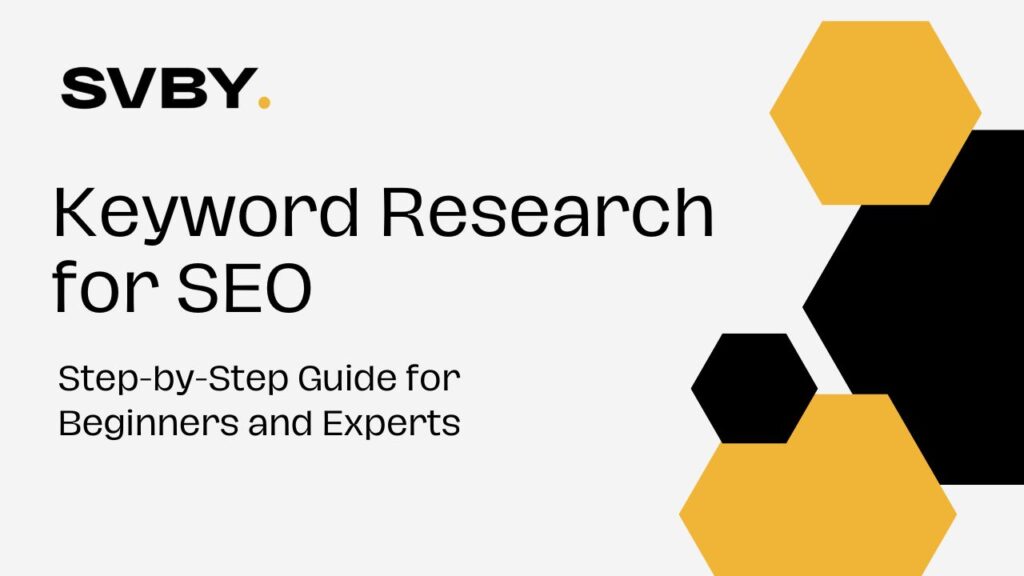Gemini, Google’s most advanced large language model (LLM), is set to be released imminently, further increasing its stakes in the artificial intelligence (AI) sector. Gemini is the search engine giant’s attempt to surpass OpenAI’s GPT-4 model by implementing multimodal learning, which enables the execution of more human-like tasks and brings it one step closer to artificial general intelligence (AGI).
What Is Google Gemini?
According to Demis Hassabis, CEO and Co-Founder of Google DeepMind, a Google subsidiary dedicated to AI research and the creator of Google Gemini, Gemini is not merely a “combination of scale, but also innovations.” This was hinted at as their response to GPT-4.
This LLM is constructed on the foundation of DeepMind’s prior multimodal models, including the Flamingo and PaLM 2, to develop its own interactive AI and expand the boundaries of natural language processing. (NLP) Gemini is anticipated to surpass the size of GPT-3’s model, which boasts over 170 billion parameters, to become the largest language model to date.
Google Gemini Features
In addition to being the largest language model, there are numerous Google Gemini features that you should anticipate, as indicated by recent reports. Just a few examples are as follows:
- Series of models: According to Hassabis, Gemini should be regarded as “individual models of varying sizes.” This implies that the new platform is capable of accommodating tasks of any scale, contingent upon the use case.
- Multimodal learning: Gemini’s AI infrastructure has “several improvements” in comparison to Google DeepMind’s previous multimodal models, enabling it to learn and produce at the very least texts and images.
- Problem-solving and reasoning: Google’s new LLM also emphasizes reinforcement learning as a solution to the issues of misperception and information inaccuracy, which are frequently encountered by Google Gemini competitors such as ChatGPT.
- Memory and fact-checking: Gemini’s AI infrastructure incorporates Google Search as a tool to enhance the veracity of generated content. Additionally, Gemini will employ “episodic memory banks” to store and retrieve data, thereby enabling it to expand and enhance its knowledge base as it acquires new information.
Gemini’s efficacy in comparison to other AI personal assistants and applications, such as Bard and ChatGPT, is revealed by these features. We can anticipate enhanced interactive AI infrastructure and more precise, pertinent user outcomes.
The Road to Gemini
Google’s most recent advancements in the field of artificial intelligence should not be unexpected. Google had been quietly developing its own AI infrastructure to meet the requirements of users even prior to the emergence of GPT-3.
In 2018, Google introduced Duplex, a voice-based AI assistant that could make restaurant reservations and phone conversations on behalf of the user. In addition, Google implemented BERT in October 2019 to enhance search query natural language understanding (NLU).
Additionally, Google has implemented numerous initiatives in recent months to enhance its interactive AI capabilities and extant LLMs:
- Search Generative Experience (SGE): This is the company’s interpretation of an AI search companion that summarizes user content and drives traffic to the publisher’s website.
- Google Bard: Bard is Google’s conversational AI, which employs a chat interface to provide topic summaries, answer queries, and even compose poems.
- Responsible AI with Anthropic: Google invested $300 million to bolster its commitment to the ethical and secure application of generative AI.
Gemini appears to be the pinnacle of Google’s endeavors and is unquestionably the company’s most extensive language model to date. This enhancement in magnitude is not solely for aesthetic purposes. This represents an immense enhancement, as they decreased the error rate from 10% to 1%, as per Hassibis.
Google Gemini Release Date
The absence of a date would render all of this Google Gemini news incomplete. On what date should you anticipate its release?
Regrettably, we are unable to provide a precise figure at this time; however, The Information suggests that it may be accessible by the conclusion of 2023. In fact, the search engine company has already granted Gemini access to a select number of developers, and its beta release will be available in Google’s Vertex AI platform shortly.
Will This Be the New King of Advanced Chatbots?
Although multimodal learning and interaction are not novel concepts, the LLM is now considered a competitor to OpenAI’s GPT models and other AI alternatives in the market due to the inclusion of these Google Gemini features. We will examine the extent to which Gemini compares to its most significant competitors.
AI Personal Assistants
If you are employing sophisticated chatbots such as Google Bard, Claude, or ChatGPT, you are also utilizing their fundamental language models. These tools can be employed to generate advertisements on Amazon, and Facebook, or to obtain guidance. Additionally, they are capable of providing answers to inquiries and assisting with decision-making.
Gemini’s performance is distinguished by its multimodal models, which enable users to produce a variety of content, including:
- Texts
- Images
- Charts
- Additional data categories
Additionally, you will derive pleasure from engaging in conversation with a model who is capable of planning, remembering, and reasoning. This implies that Gemini can be assigned tasks that are more akin to human duties and be expected to generate results.
GPT-4
GPT-4 is the closest of all Google Gemini competitors at present, despite being a paid service. According to OpenAI, it is “stable,” multimodal, and robust. Currently, you have the opportunity to experiment with GPT-4 and ChatGPT Plus, which will provide you with a view of its text-based capabilities. Using GPT-4, it is possible to generate journals, pay-per-click (PPC) content, and customer service conversations.
However, how does Gemini differ from other zodiac signs?
Its seamless integration with Google Search distinguishes it from GPT-4, which still necessitates the activation of extensions to produce pertinent, timely content.
Gemini’s engine incorporates reinforcement learning and fact-checking, which facilitates the generation of more precise content. Although we are uncertain about its additional multimodal capabilities, we can anticipate that it will be at least comparable to GPT-4.
Bing Chat
Google’s most recent advancements should also be evaluated in comparison to its closest competitor in the search engine industry, Bing.
Bing Chat, a hybrid of Bing Search and ChatGPT, is the AI search companion that a Microsoft-led company offers. Essentially, the search engine capability of Bing can be accessed through a conversational interface that is similar to OpenAI’s ChatGPT.
It is also multimodal in that it can produce images in response to a prompt. (For additional information, please refer to the Bing Image Creator Tool.)
Bing Chat is enabled by OpenAI’s technology, whereas Gemini is a novel LLM that will be implemented in all of Google’s AI-powered services.
Llama 2
Meta, Facebook’s parent company, has also announced the release (a.k.a. breach) of its own LLM, Llama 2. Llama 2 is open-source, in contrast to other AI personal assistants, such as Gemini. This implies that end-users have the ability to modify its components in accordance with their unique use cases.
The benefits of being open-source include the promotion of collaboration and innovation among developers. Nevertheless, there is a possibility that malicious actors may exploit the technology.
Gemini is a closed-source LLM that provides enhanced security at the expense of customizability. Ultimately, the decision regarding which model is superior is a matter of personal preference.
What Should You Do?
This Google Gemini announcement should be welcomed by any individual who is interested in artificial intelligence and Google. Ultimately, you will have a conversational AI technology that can compete with OpenAI.
However, for the time being, you are merely required to observe as a small number of developers experiment with Google Gemini. Some of Google’s experimental features are still accessible through Google Labs. To test the following features, simply enroll in the waitlist.
- Project IDX
- Magic Compose
- Search Generative Experience
- Duet AI
- MusicLM








